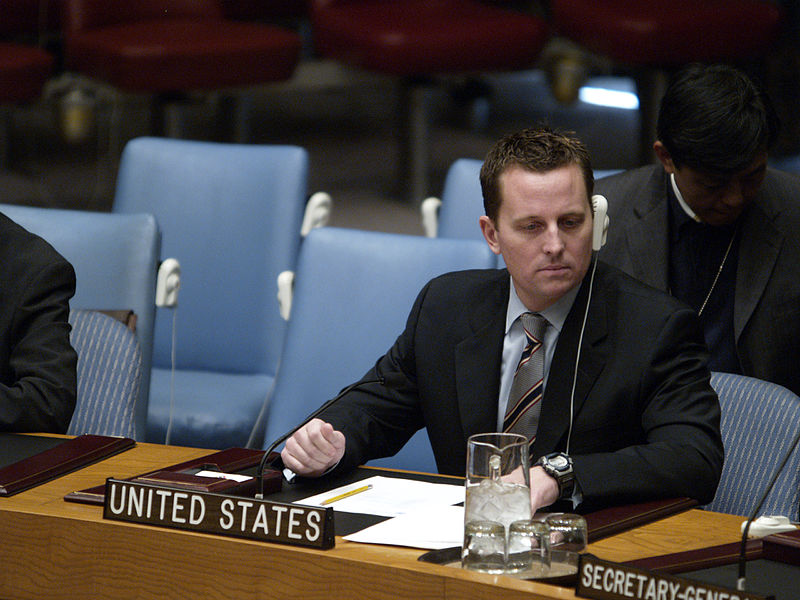The Iran Deal Wasn’t An ‘Alternative To War,’ It Was A Continuation Of War
In the wake of the decision by the Trump administration to pull out of the Obama administration non-treaty known as “Iran Deal,” two narratives emerged from the hysterical Iran Deal echo chamber:
1) Iran Deal was the alternative to war;
2) Consequently, jettisoning it was the path to war, part of a “neocon” plot for another invasion, occupation and nation-building effort
Both elements of this narrative are patently false, as I argue in a new piece in The Federalist.
In fact, Iran Deal can best be thought of as the recapitalization effort for a war the Khomeinist regime in Tehran has been waging against all who refuse to submit to its totalitarian Islamic revolutionary rule since 1979.
This recapitalization effort in tandem with a Swiss cheese verification regime provided the funding and veneer of moderation under which Iran rapidly accelerated and expanded its Shia Crescent and malign operations globally.
Stated differently: We in the West bankrolled Iran’s worldwide march. The only thing the verification regime confirmed was the delusion of our purported leaders.
Exiting the deal represents the first step towards stopping Iran’s march, and thwarting its imperialist efforts. It is about stopping the flow of cash to jihadists and indicating a resolve to cease with the appeasement and reassert ourselves in the face of their goose-stepping.
The idea floated by the Iran Deal’s ardent defenders — many of whom shamefully raised the dual loyalty canard to try to browbeat American Jews into supporting the deal originally — that Israel’s defensive attacks on Iranian military assets in Syria immediately following the U.S. decision to pull out of the deal indicates a concerted plan for some long-sought war could not be more wrong.
Israel’s efforts are about defending its sovereignty against a metastasizing threat to its existence aided, abetted and enabled by the Iran Deal-istas.
Iran is not Iraq. It’s a once relatively pro-Western, secular, liberal, modern nation that has been hijacked by jihadists. In order to ensure America’s national interests, and those of our allies are served, there is no need for invasion, occupation and re-casting of a Sharia dictatorship as a Jeffersonian democracy. Rather what is needed is a concerted set of actions to bring down the jihadist regime through means peaceful and militant, overt and covert, enabling the Iranian people to end the Islamic revolution. Ideological warfare, as Michael Ledeen has convincingly argued, must play a significant role.
A fish rots from the head, one of the many reasons why Iran Deal wasn’t worth the paper it was printed on. But the necessity for regime change does not necessitate Iraq 2.0.
The Iran Deal echo chamber is, per usual, attacking straw men.




